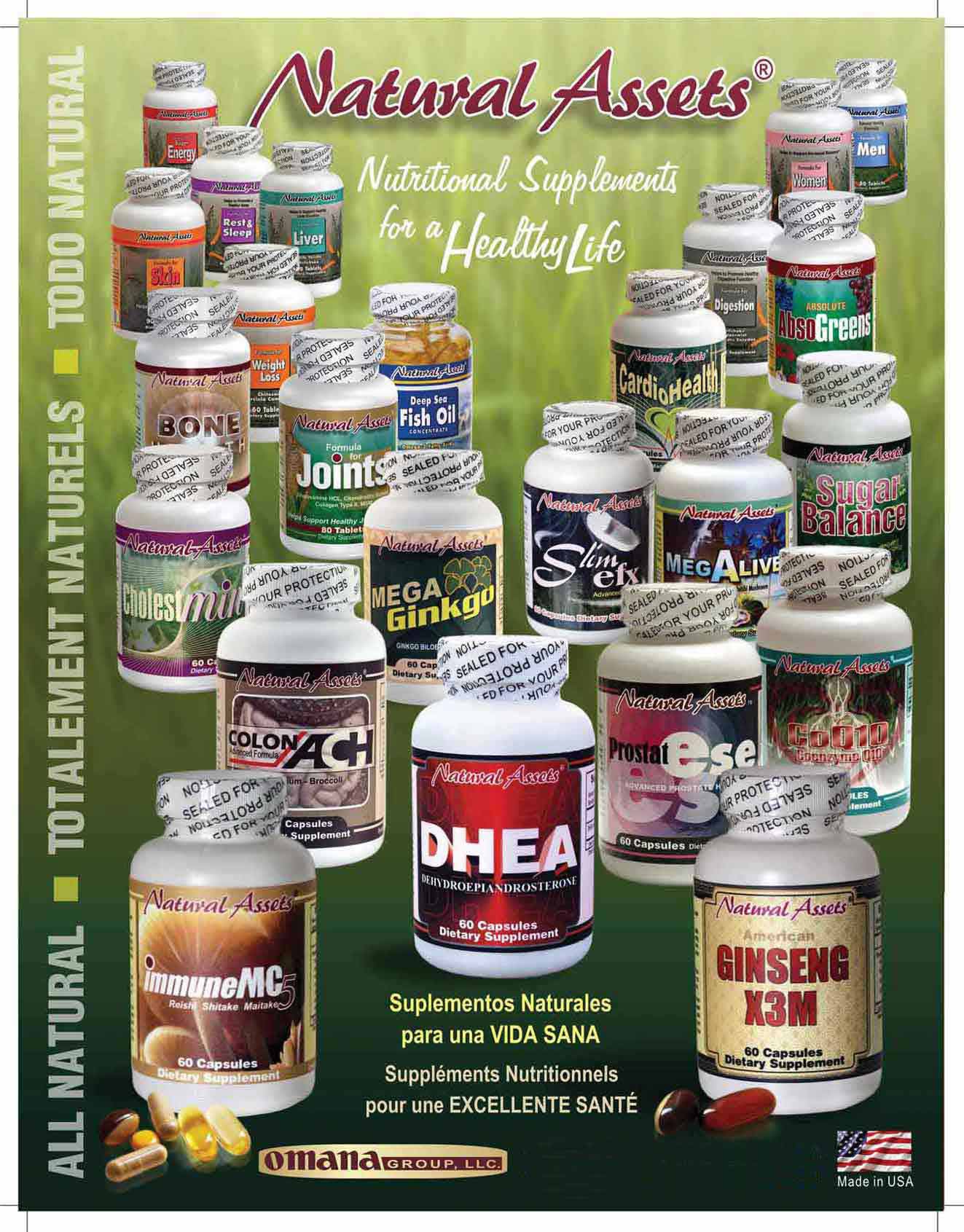For
some it really does suck to come second. It feels like they have let down
themselves, their family and their team.
We have seen the anguish and the emotional rollercoaster that athletes
put themselves through at World events like the Olympics, and sometimes it is
just not enough coming second.
“Mckayla Maroney”[2]
Doesn’t she
look happy getting silver at the Olympics?
When you
miss your target at this level it can be devastating. Mhairi Spence knows this “Olympic Failure destroyed me”[3]. People who aren’t in elite sport find it hard to comprehend, and the
comments relating to the BBC article identify these feelings.
“Most people would give anything to do that. It is huge achievement by itself. What is there to be heartbroken about.” user: Fleury
“What a shocking testment to poor sportmanship. Losing is part of life and you should do it graciously”user: Fred
Rightly or
wrongly you can see their view point. Do
I agree with it? Well a few years ago I might well have done, as I was often
the guy in 3rd 4th 5th place in competitions
and if I came away with a medal I was very proud.
Yet the
people above me would just moan, a lot, and I couldn’t understand why. I mean they had just won and walked away with
a trophy, shouldn’t that be enough?
The reason
is their drive and their ultimate aim is to win big. To score of an 8, red on an archery target,
for them was disastrous; to me it was an inconvenience.
This is
represented by the video of Tom Daley wining bronze at Olympics. The emotions expressed by each of the
competitors in the medal spots are really revealing.
The Bo Qiu, who came second, was crying as he was expected to win gold and the David Boudia (USA), who did win, is in pure shock, compare this to Tom Daley reaction. It doesn’t take much deduction to work out
who exceeded and missed their expectations/target.
(Bloggers
Note: It is at this point I wanted to use the example of Helen Jewell who
missed out on going to the Olympics. She
won the British champs, but failed to reach the minimum
lift weight for Olympic squad selection.
Alas there are little or no articles on missed opportunities…. If it is
possible try and watch the TV programme "Girl Power Going for gold"[4] which highlighted this to me in the
first place)
Addition: The user Eternallyprofound3 has uploaded this program onto Youtube, check it out.
So “Being
number 2 sucks” and it is only now, having had the opportunity to work with
archers who are at that level, that I have realised this.
This
single-mindedness is a big motivator and if you consider what an athlete’s
sacrifice for their training[5] it is unsurprising
that it “sucks” to come second.
This can
lead athletes to gamble it all and take banned substances. What horrifies me as
a coach is that in some cases like that of Lance Armstrong[6] it’s sometimes not just
the athlete at fault but often the whole teams.
This
systematic, planned and deliberate approach is one of my biggest worries to
elite sport and one which stubbornly doesn’t want to go away.




